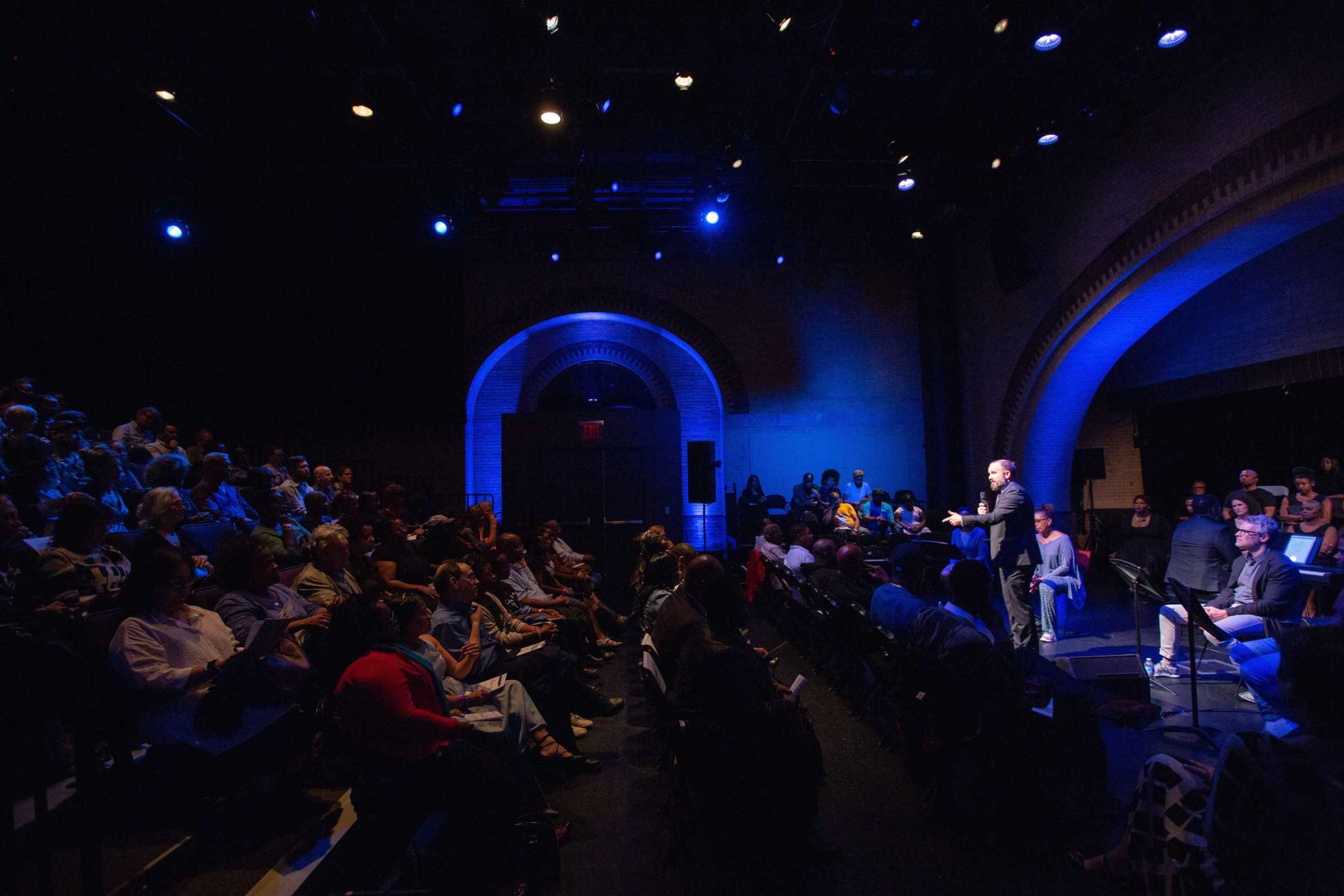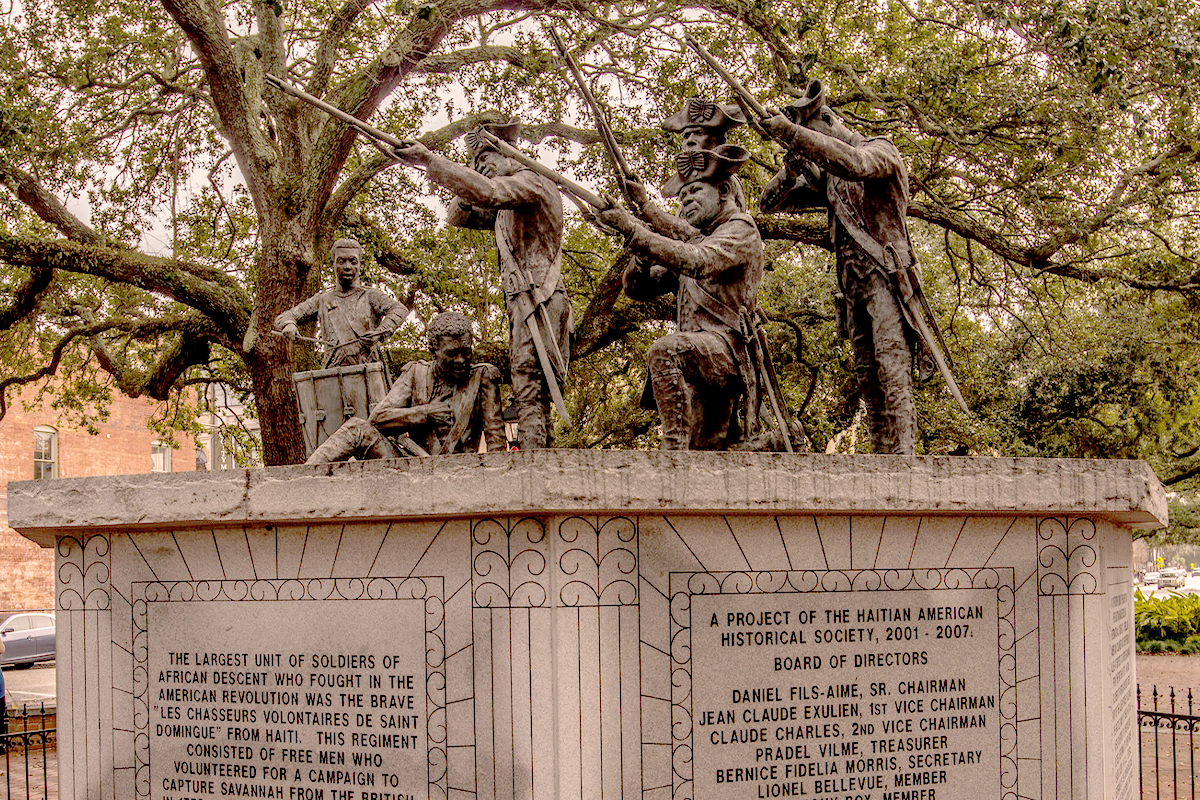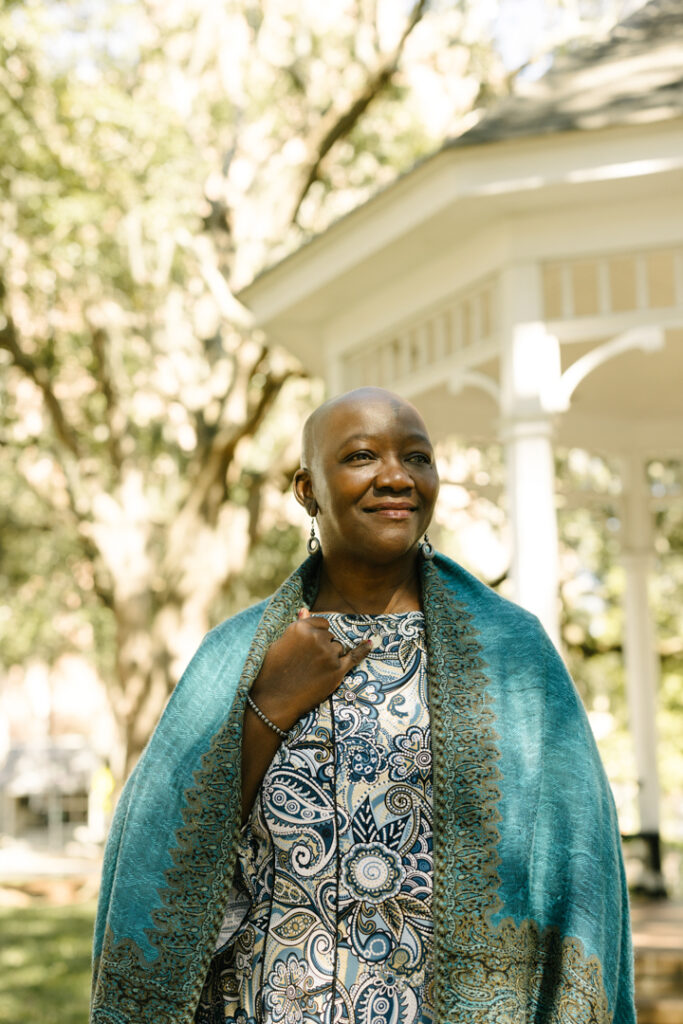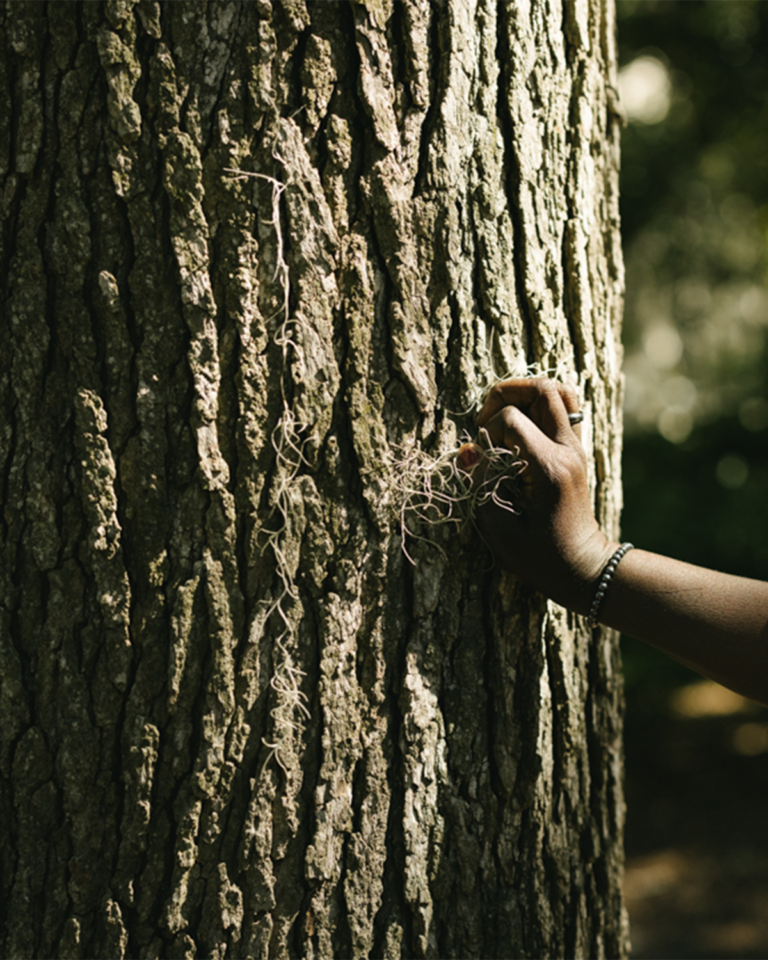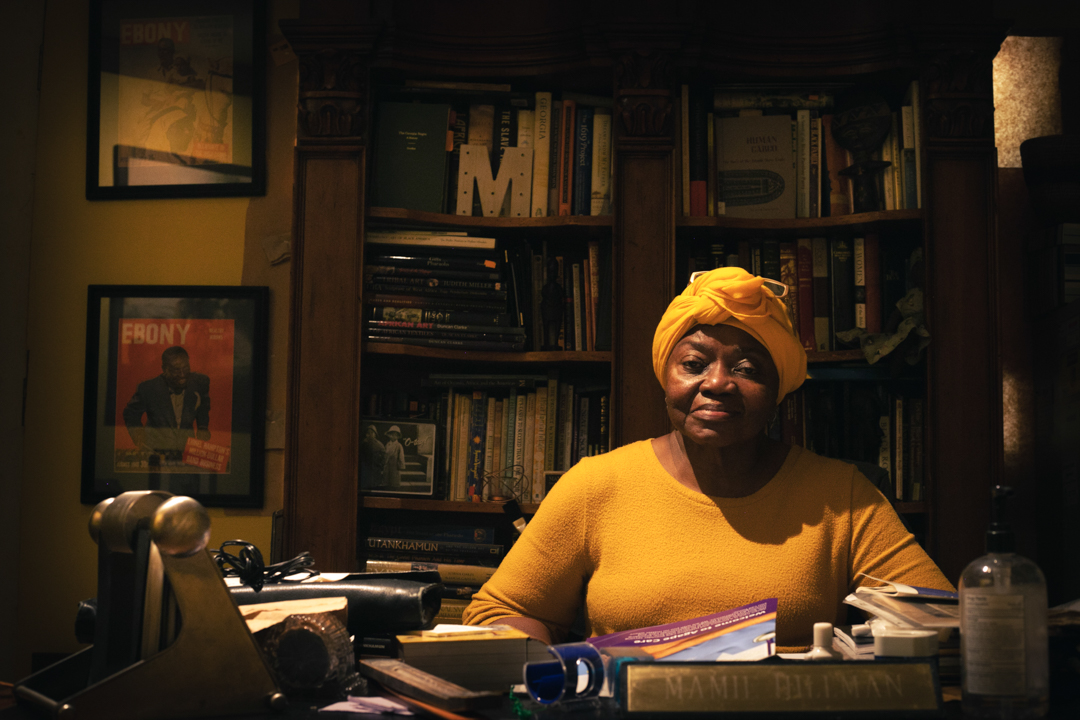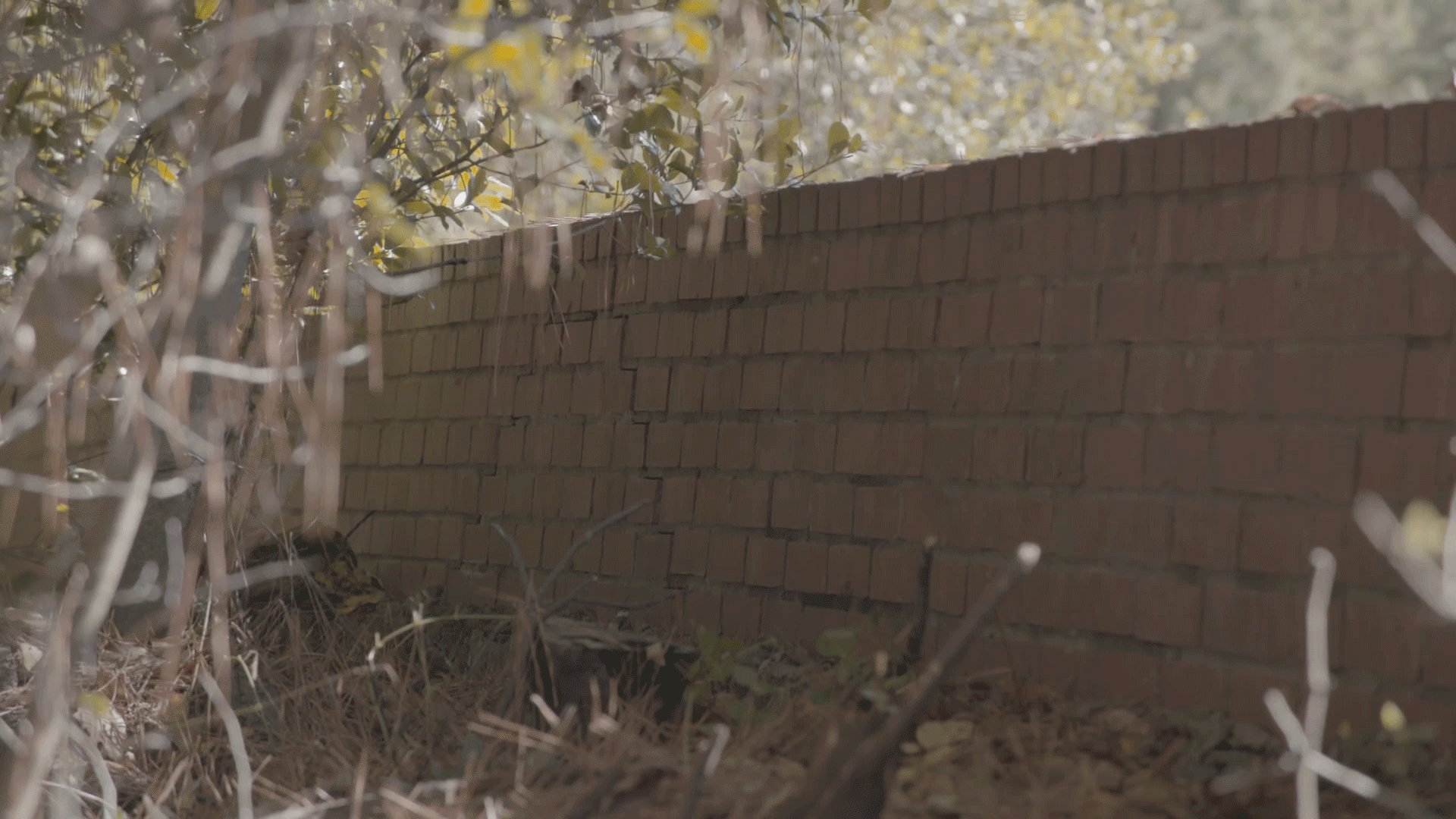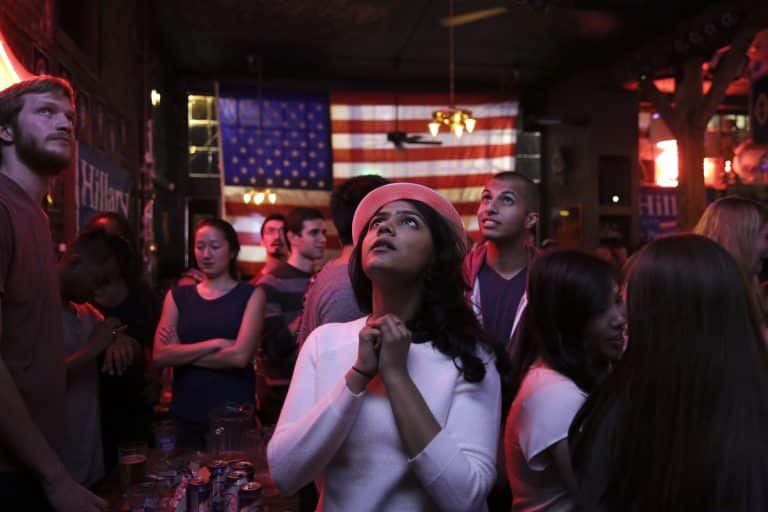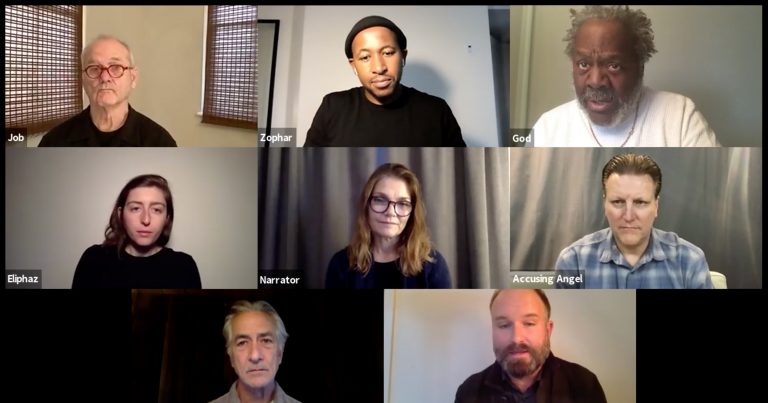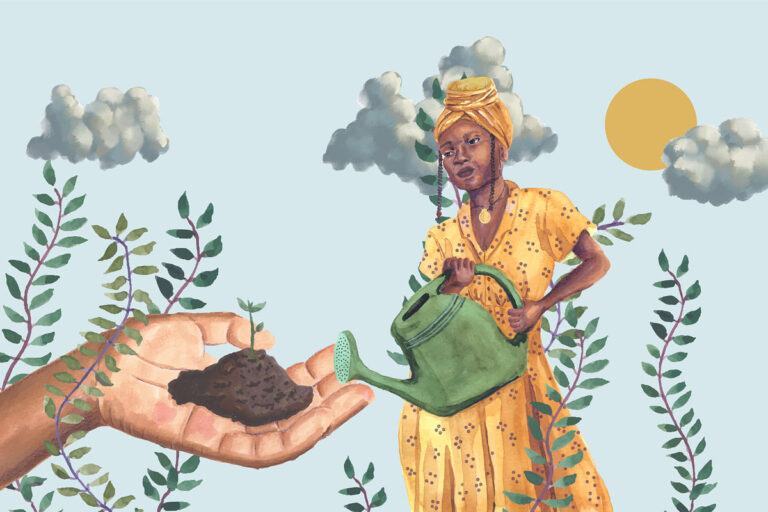On December 21, 2022, we presented Antigone in Savannah, in a collaborative production with our friends at Theater of War Productions. The production took place in Savannah, Georgia, in an unnamed Square (formerly known as Calhoun Square) and was streamed live online for our wider community.
Our collaboration was an effort to allow the timeless resonance of the ancient Greek texts to help us consider ourselves anew in history. Antigone poses searing questions that were pertinent in ancient Greece, have been pertinent throughout Georgia’s history, and continue to be pertinent to all of us today. We are alive in a time of war, pestilence, and famine; some conditions of being human haven’t changed in thousands of years. Yet in every period of history, amid troubling times, “human signposts” point us towards hope. Mamie Hillman and Patt Gunn — who you’ll meet here in our pre-event offerings — and those surrounding their efforts are signposts for our time.
We invite you to join us this December to collectively live the questions of Antigone in our time. Ahead of the production, we invite you to reflect with us on questions of grief, time, memory, and healing. We invite you to reflect on what gravesites mean for who we’ve been to each other, and what they might mean for who we can be to each other.

